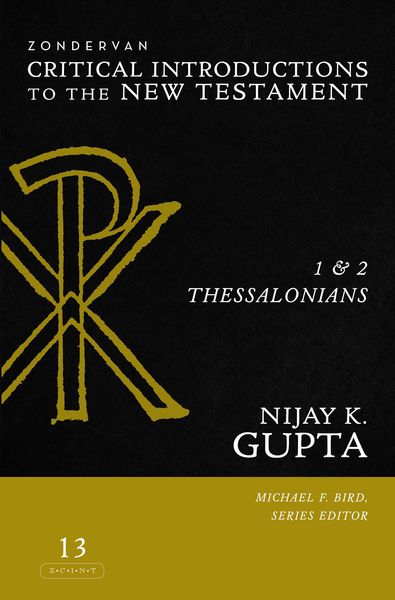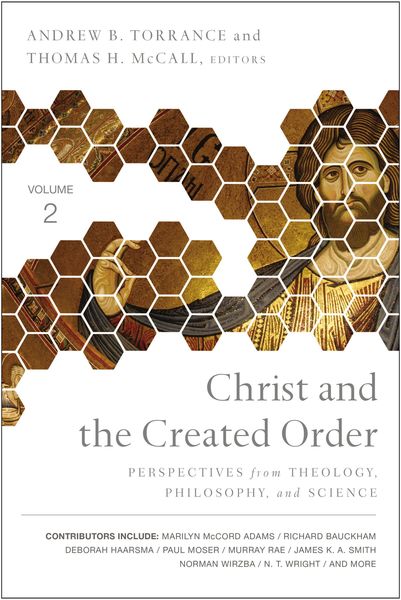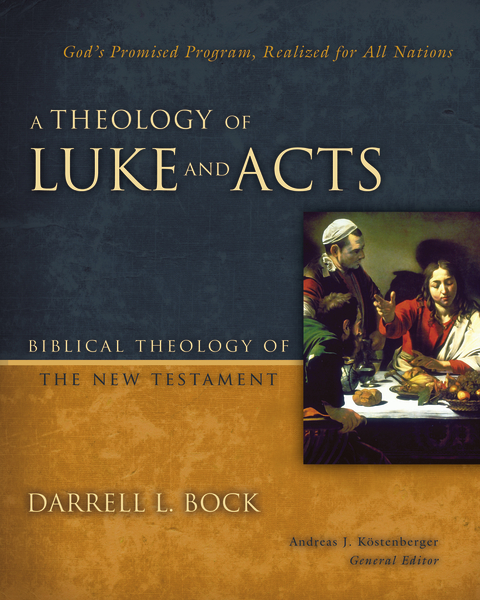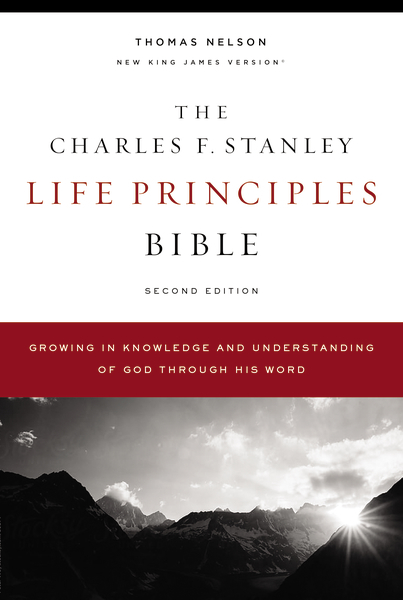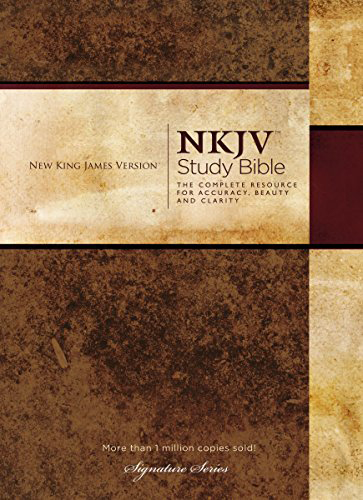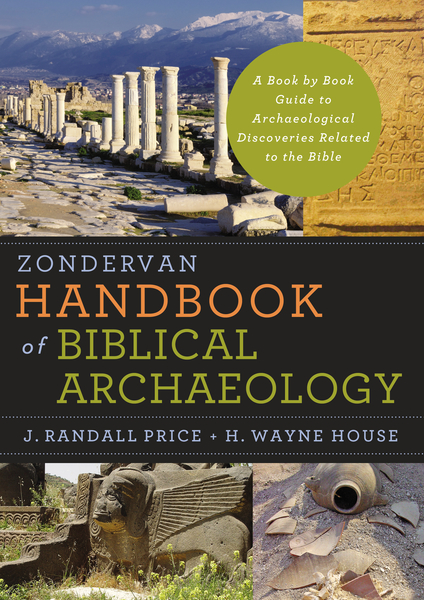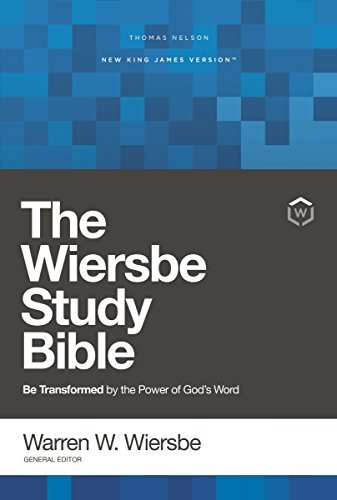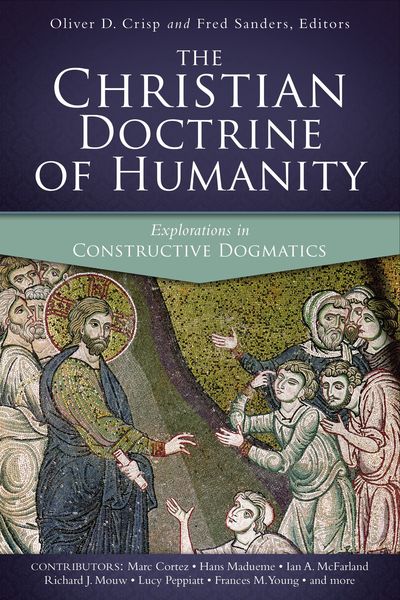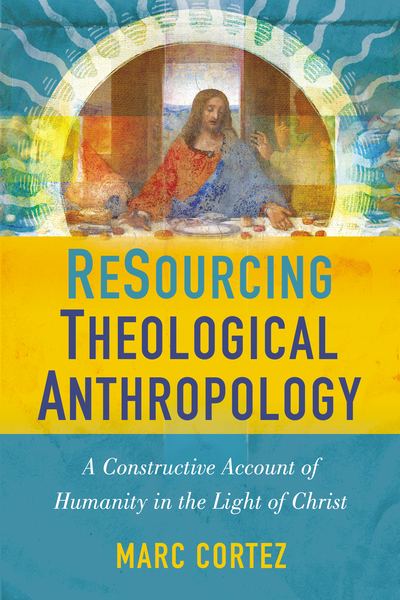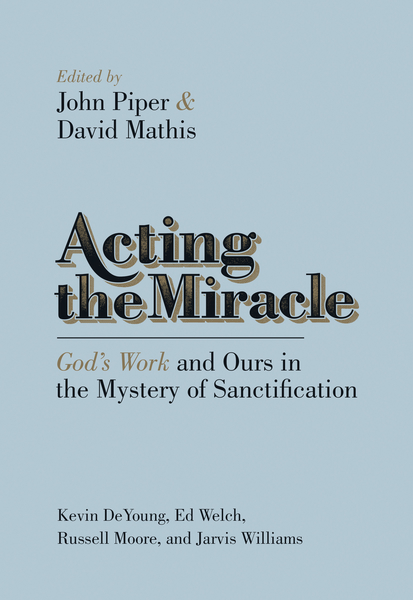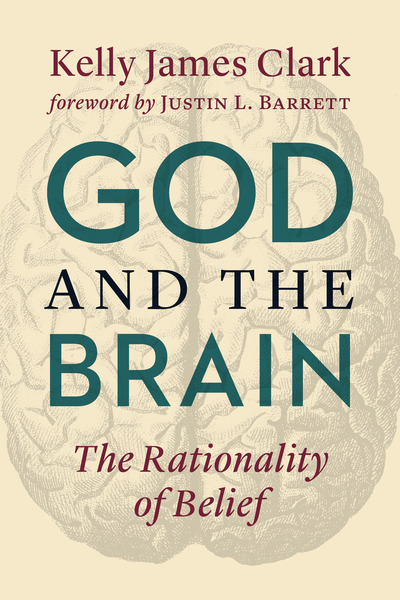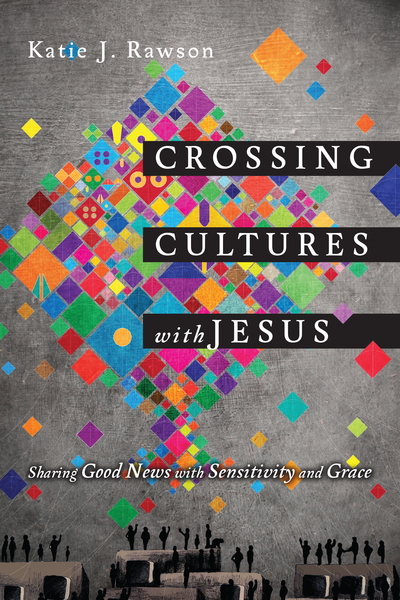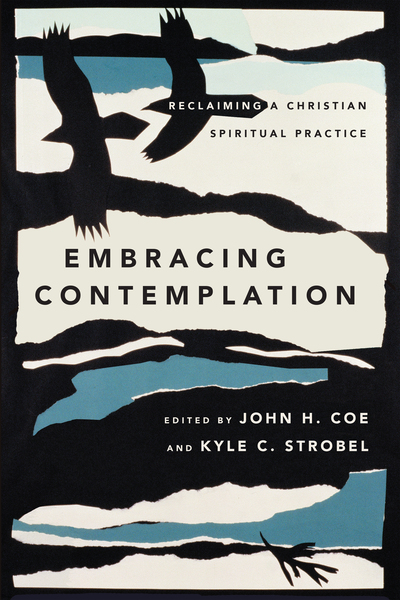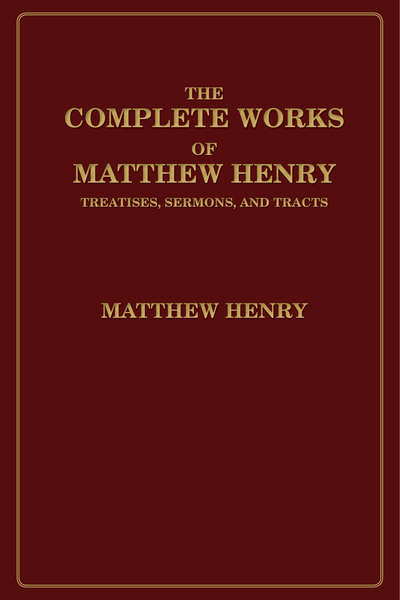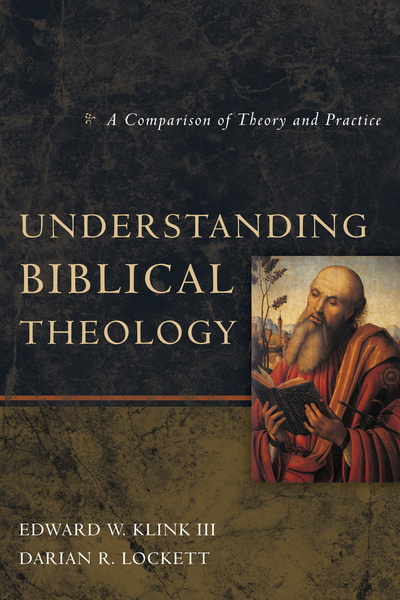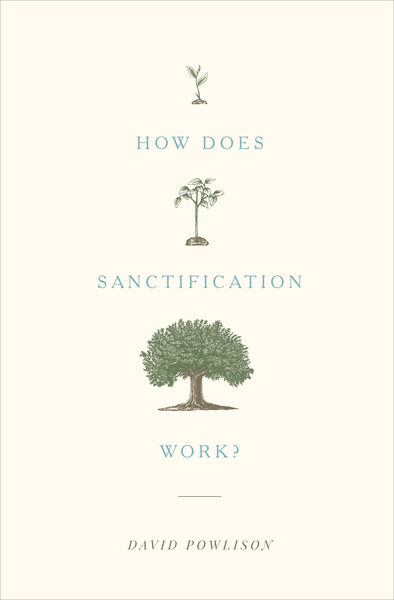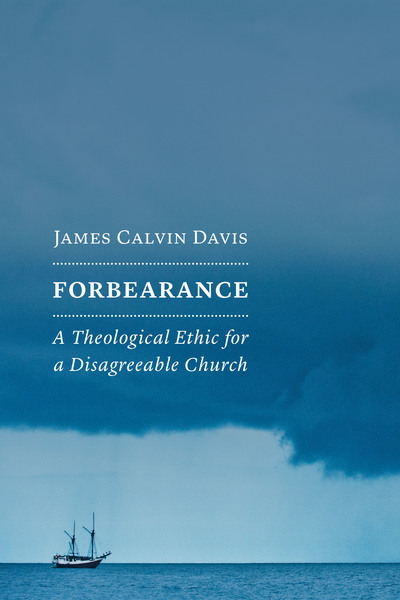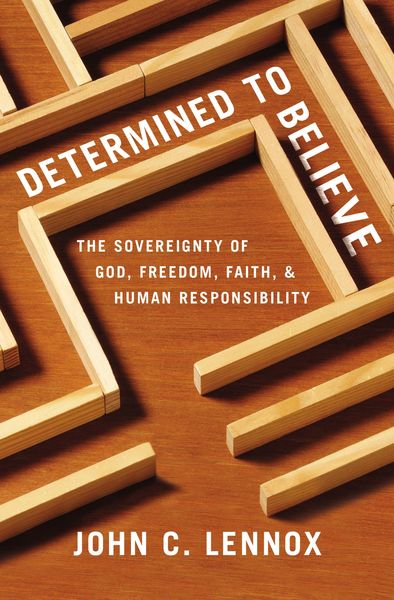

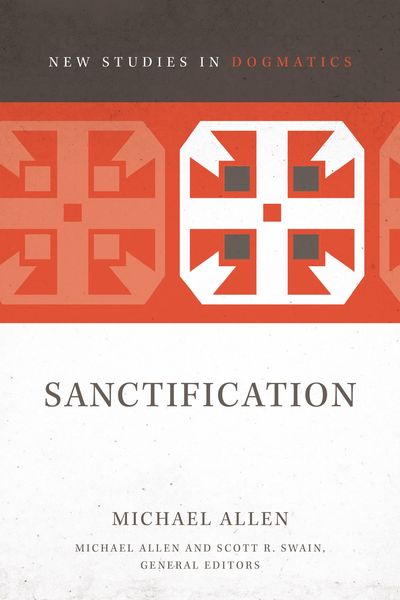

Sanctification—the act or process of becoming holy—is one of the gifts of the gospel of Jesus Christ, but it's often misunderstood by the modern church. Sanctification offers a Christ-centered and clear account of the doctrine by viewing it within its wider biblical and historical context.
Churches too often allow their definitions of holiness to be prompted by existential goals or the social mores of the Christian community. It's not surprising, then, that many view holiness as accidental or expendable, even as a legalistic posture opposed to the freedom of the gospel and separate from the gift of grace.
Sanctification (part of the New Studies in Dogmatics series), defines holiness in theological terms by:
- Providing a framework by discussing the core Christian doctrines associated with it, such as the character of God, the nature of creation, and the covenantal shape of life with God.
- Considering the ways in which the gospel of Jesus not only prompts us to holy action but provides holiness as one of its blessings.
- Attending to the ways in which the gift of sanctification relates to human means, so that we can appreciate its connection to human nature, responsibility, and the pedagogy of exemplars and of law.
-ABOUT THE SERIES-
New Studies in Dogmatics seeks to retrieve the riches of Christian doctrine for the sake of contemporary theological renewal. Following in the tradition of G. C. Berkouwer's Studies in Dogmatics, this series provides thoughtful, concise, and readable treatments of major theological topics, expressing the biblical, creedal, and confessional shape of Christian doctrine for a contemporary evangelical audience.
The editors and contributors share a common conviction that the way forward in constructive systematic theology lies in building upon the foundations laid in the church's historic understanding of the Word of God as professed in its creeds, councils, and confessions, and by its most trusted teachers.
